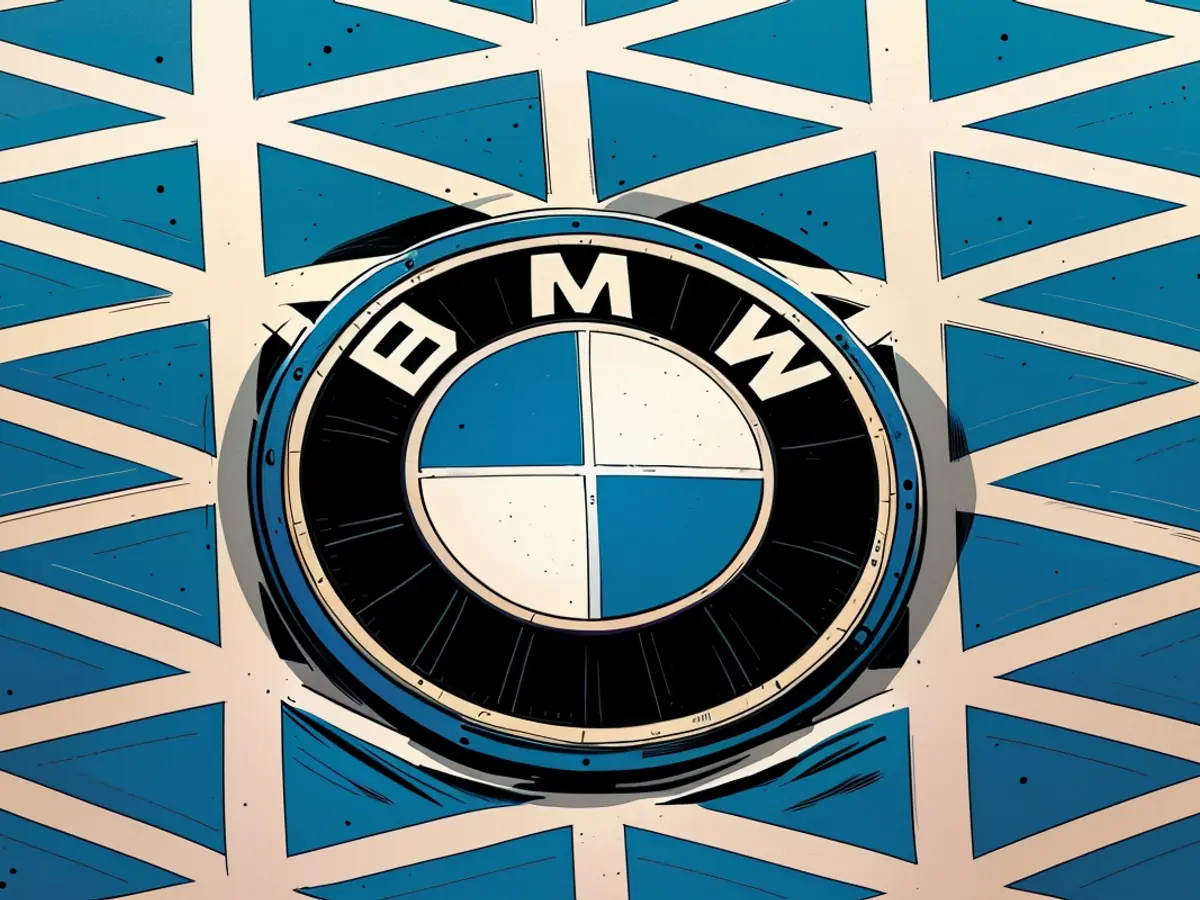BMW expects to ease EU tariffs on electric cars from China
BMW, the car manufacturer, expects a reduction in the provisional tariffs on electric vehicles from China imposed by the European Union. "After intense discussions, we are optimistic that the very high tariff of 37.6 percent will not materialize," said BMW CEO Oliver Zipse on Thursday.
The best solution would be equal tariffs on both sides, ideally none at all. Zipse described the additional import tariffs, which the EU has imposed in response to unfair competitive advantages from Chinese subsidies for electric vehicle production, as a dead end.
BMW is affected by this as the electric Mini is produced in China and exported to Europe. "Such measures do not strengthen the competitiveness of European manufacturers," the manager criticized, "on the contrary."
Meanwhile, BMW has not faced the same sales problems with electric vehicles as its German competitor Mercedes-Benz in Europe. The current uncertainty about the switch to electric vehicles is due to exaggerated expectations that are not being met, Zipse explained. "We are not seeing any hesitation in Europe." The car manufacturer will also meet the EU's CO2 reduction targets, which require a 15 percent reduction by next year compared to 2021 and a 55 percent reduction by 2030, which means at least 50 percent of sales will be electric vehicles. "We are confident that we will achieve this," added the BMW CEO.
BMW expressed hope that the provisional tariffs on electric vehicles from China, which their subsidiary Mini exports to Europe, will be reduced. In response to EU tariffs due to Chinese subsidies, Zipse suggested equal tariffs or none at all, implying that these measures do not improve European competitiveness.








